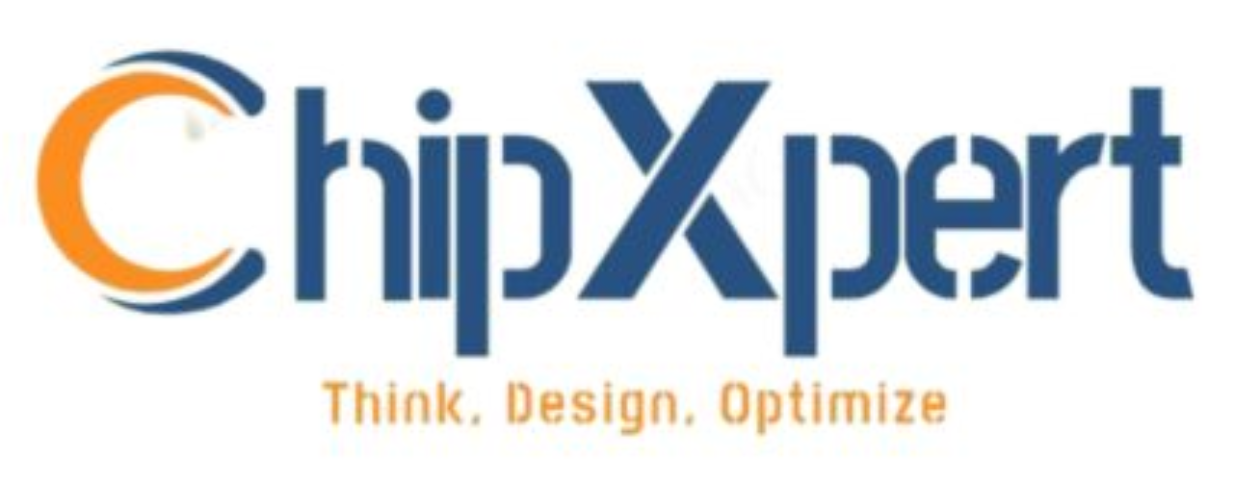Build Your VLSI Career with the Essential Skills for Success
Advanced Design Verification Course
- Industry Standard Tools
- 100% Placement Assistance
- Course Certificate
- Weekly Mock Interviews
- Assignments After Modules
- Discount for Merits upto 70%
- Tools Access Until Placement
4.5 Rating (430+ Rating) course enrolled 680









